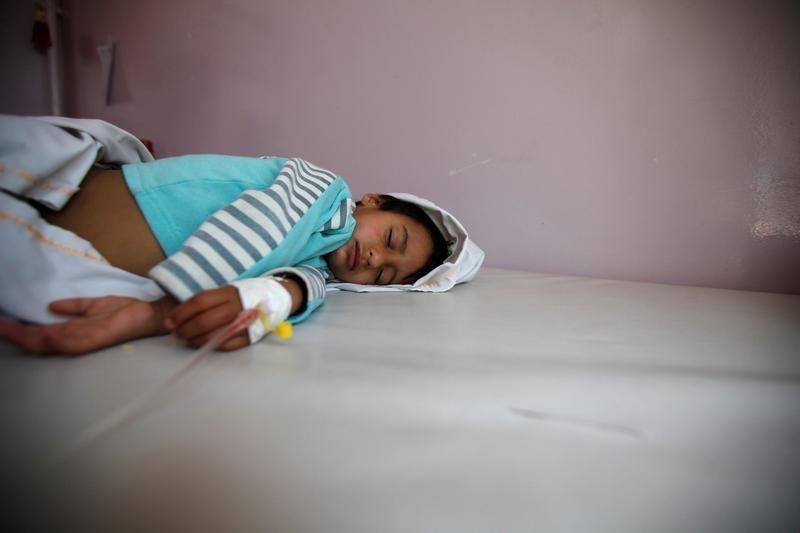Riyadh – A convoy of 20 medical aid trucks is scheduled to depart on Tuesday from Riyadh to a hospital combating cholera in Yemen.
The relief is being afforded and delivered upon directives from the Saudi King Salman Abdulaziz, and will be managed by the King Salman Center for Humanitarian Aid and Relief (KSRELIEF).
Posting from his personal Twitter account Saudi Ambassador to Yemen Mohammed Al Jaber said over 50,000 Yemeni patients will benefit from the initiative.
A cholera outbreak in war-ravaged Yemen has killed 315 people since April 27, the UN World Health Organization (WHO) said on Sunday.
More than 29,300 suspected cases have been reported in 19 of the country’s 22 provinces, the agency posted on Twitter. The highest number of likely cases — more than 6,000 — are in the coup-held Sana’a, where Houthis declared a state of emergency one week ago.
Advisor at the Royal Court, General Supervisor of KSRELIEF, Dr. Abdullah bin Abdulaziz Al-Rabiah, thanked King Salman for his directives to eliminate cholera epidemic in Yemen, according to Saudi Press Agency (SPA).
In a press statement on May 18, Al-Rabiah said that the Center has set up an urgent response team to develop rapid intervention programs, diagnosis of the epidemic, treatment and control and work on prevention, cooperating with UAE Ministry of Health.
The center has an ongoing contact with the rest of the GCC countries, through the GCC Aid Coordination Office, as well as the rest of the Arab coalition countries to implement urgent programs and develop a plan to contain the epidemic and to protect the Yemeni people from the risks and consequences.
The center also cooperates with international organizations such as the WHO and UNICEF and the International Medical Corps.
